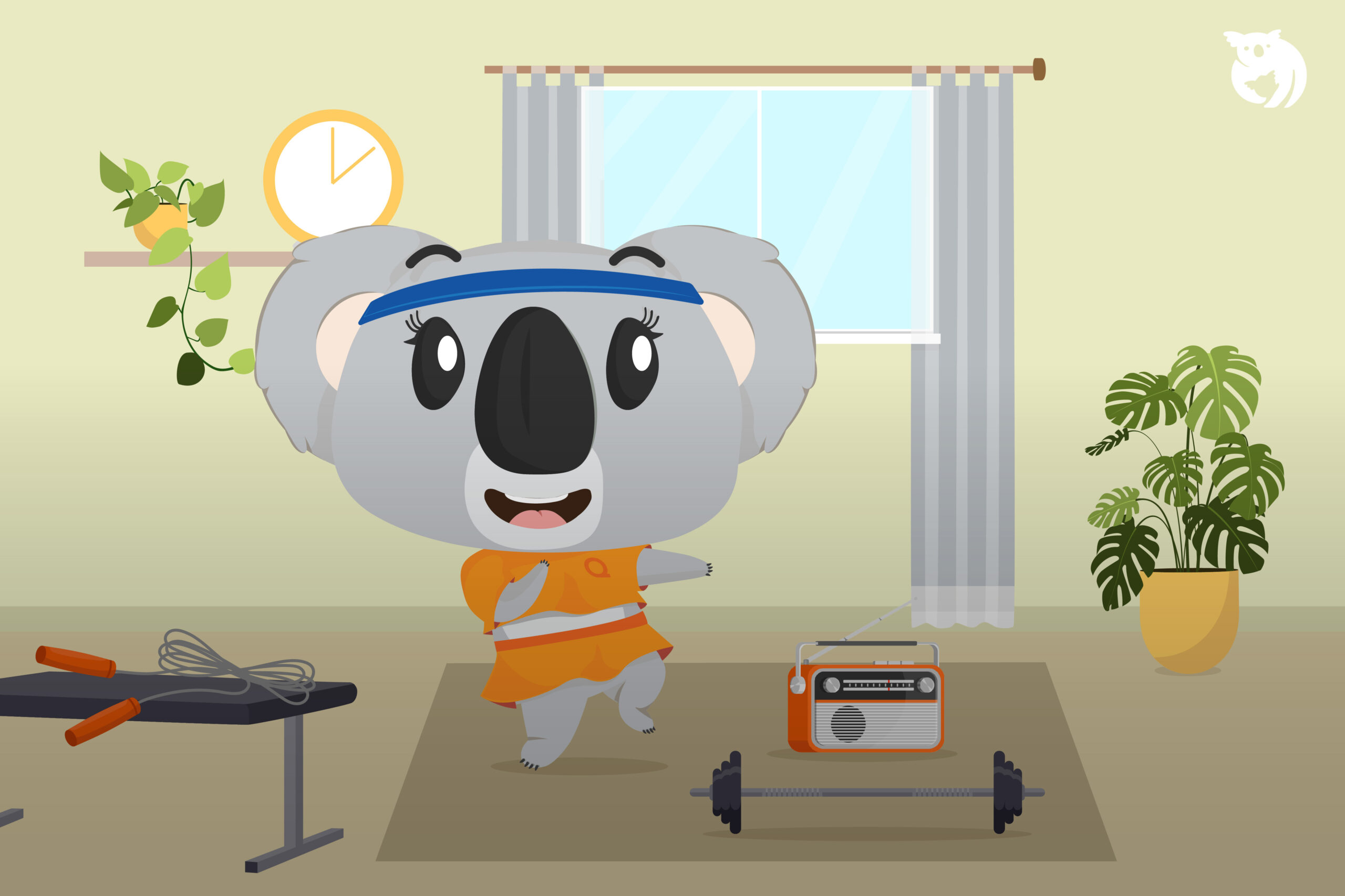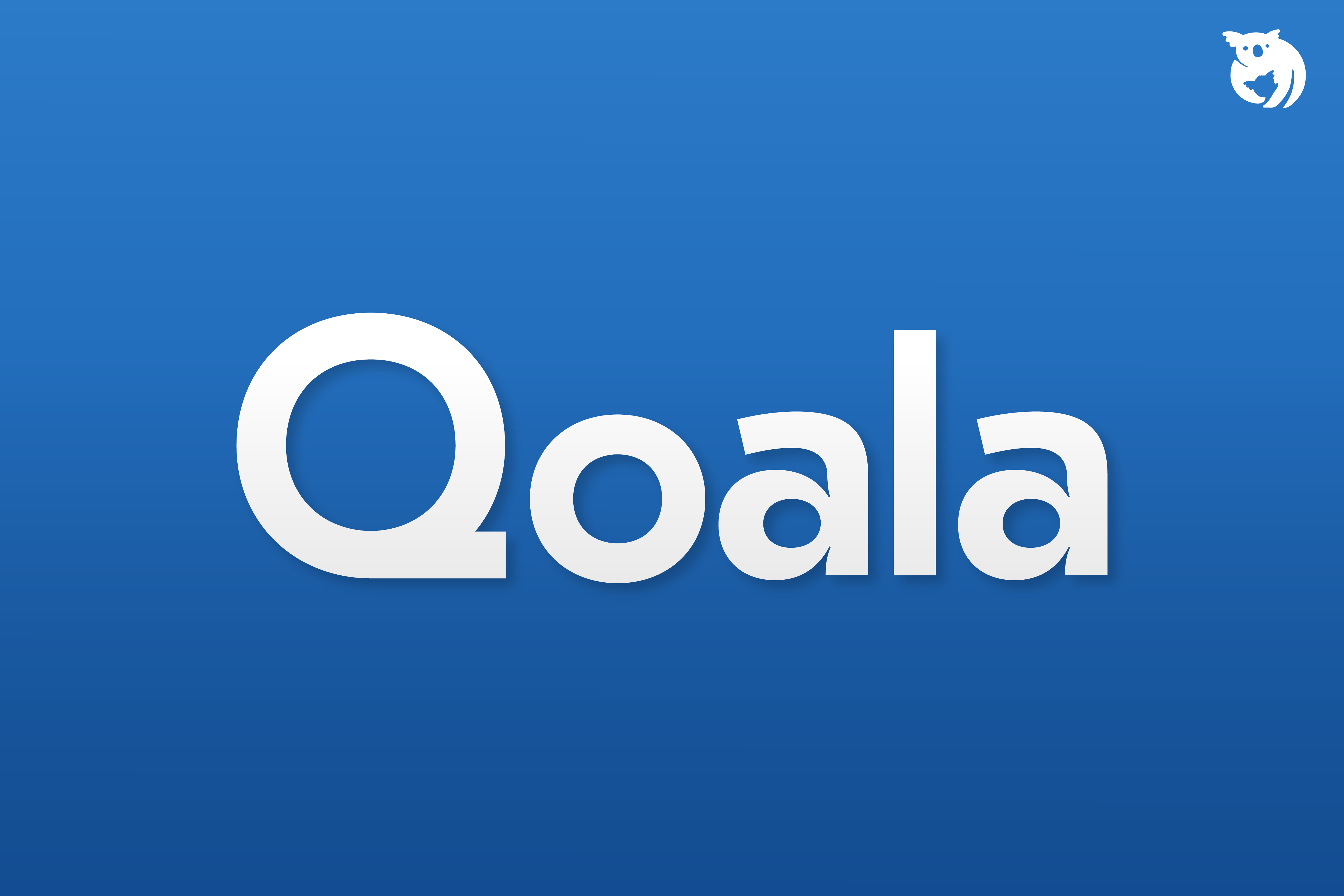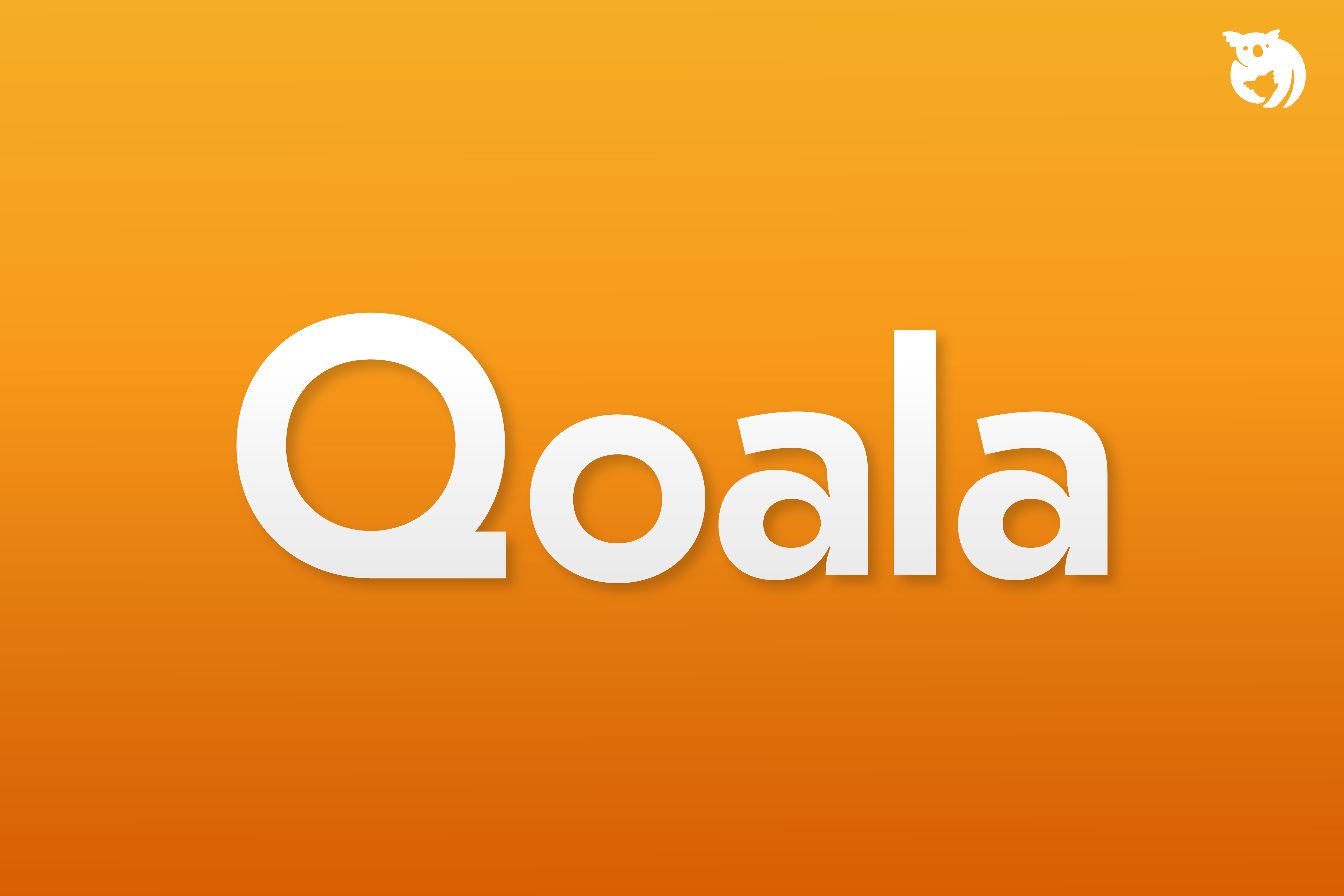Fasting in the month of Ramadan is a natural process of detoxification or elimination of toxins from the body. However, fasting does not come without challenges such as fatigue, lethargy, hunger, and thirst. Therefore, it is important to know the tips for fasting in Ramadan to stay energetic and healthy throughout the month.
Ramadan Tips: Ramadan Fasting to Stay Energetic
Certainly, you want to stay active and energetic throughout the month of Ramadan, right? A healthy and energetic body during fasting can help you focus on work, studies, and other daily activities as usual during Ramadan.
Here are some tips for fasting in Ramadan that you can practice throughout the month to keep your body healthy while fasting:
1. Don’t Skip Suhoor (Pre-Dawn Meal)
Many people underestimate the importance of having suhoor, often due to laziness, loss of appetite, or the belief that they can fast without it.
Having suhoor is crucial during fasting. It provides the energy needed to carry out your daily routines productively without feeling tired or lethargic.
Consume high-protein foods and maintain a balanced diet to provide extra energy, or a date and a glass of fresh milk can suffice.
2. Drink Enough Water
Even though you are fasting, it does not mean that you should reduce your water intake. It is important to drink an adequate amount of water during Ramadan to stay hydrated. Drink at least eight to twelve glasses of water per day.
Ways to Drink Enough Water During Ramadan
How can you ensure sufficient water intake during fasting? You can follow these tips to manage your thirst during fasting:
-
- Drink a glass of water after the Maghrib call to prayer.
- Drink a glass of water after performing the Maghrib prayer.
- Drink a glass of water after breaking your fast.
- Drink a glass of water after performing the Isha prayer.
- Drink a glass of water after performing the Taraweeh prayer.
- Drink a glass of water before going to bed.
- Drink a glass of water after waking up.
- Drink a glass of water after having suhoor.
3. How to Combat Thirst in Ramadan: Reduce Caffeine Intake
In addition, avoid consuming caffeine such as tea or coffee during fasting. This is because caffeine is a diuretic that makes you urinate frequently. As a result, your body will experience dehydration during fasting.
Signs of dehydration include dry mouth, excessive thirst, dark-colored urine, quick fatigue and drowsiness, dry skin, headaches, and more.

4. Avoid Overeating
You may easily be tempted to overeat, especially with the various special dishes available at Ramadan bazaars. Your food intake during fasting should not differ significantly from other months. It is recommended to eat moderately and ensure that your meals consist of the following food groups:
- Rice, bread, grains, and cereals.
- Fruits and vegetables.
- Fish, chicken, meat, and legumes.
- Milk and dairy products.
- Limit the consumption of oil, fat, sugar, and salt.
Also, make sure to eat a balanced and healthy diet to avoid common health problems during fasting, such as constipation, indigestion, bloating, and more. Additionally, here are some eating habits to avoid during fasting to help you stay energized during Ramadan:
- Avoid overeating, especially during iftar (breaking the fast), to prevent bloating and indigestion.
- Reduce consumption of fried and fatty foods. Opt for healthier cooking methods such as grilling, baking, or steaming.
- Limit intake of high-sugar foods. Choose natural sources of sweetness like fruits instead of desserts and sugary beverages.
- Minimize consumption of caffeinated drinks such as coffee, tea, and carbonated beverages. These can hinder the absorption of essential vitamins and minerals needed by the body.
- Avoid processed foods that contain preservatives, artificial flavors, and artificial colors. Processed foods often have high sodium content, even if they don’t taste salty.
- Reduce intake of heavily spiced and spicy foods, as they can cause discomfort and digestive issues.
5. Avoid Oily Foods, Reduce Sugar and Salt Intake
The month of Ramadan can be seen as an opportunity for individuals struggling with excess weight to lose some pounds.
If you want to lose weight, you need to reduce your consumption of foods high in sugar, salt, oil, and fat. These foods contain high calorie content and increase the risk of cholesterol elevation in the body.
Consuming excessive amounts of high-salt, high-sugar, and high-fat foods during suhoor (pre-dawn meal) can cause an insulin spike. This can lead to noticeable effects, such as feeling hungry and thirsty quickly, even after only a few hours of fasting.
Limit the intake of sweetened beverages such as syrup or cordials. Increase your consumption of plain water or sugar-free fruit juices. Low-fat milk can also be a good beverage choice to consider.
If you find it hard to resist oily and sweet foods, consume them in small quantities.
6. Do Light Exercise
Fasting is not an excuse to refrain from exercise. During Ramadan, it is important to perform proper exercise to ensure you don’t exert yourself excessively. Start with light exercises for the first few days until your body adjusts to the new energy levels.
If you haven’t been exercising and want to start during Ramadan, begin with light and easy exercises. Engage in low-intensity cardio exercises such as brisk walking, swimming, or using exercise machines that don’t make you sweat excessively.
Avoid starting new rigorous exercise routines, especially those that require a lot of energy. It’s important to listen to your own capabilities. Additionally, timing your exercise correctly is crucial during Ramadan. Consider the following aspects:
Exercise before Suhoor
Wake up an hour earlier to exercise before having your pre-dawn meal. Engaging in vigorous exercise at this time will help replenish your energy and hydration levels before consuming suhoor.
Before Iftar
If you are accustomed to exercising on an empty stomach, you can exercise before breaking your fast. You can replenish your energy after iftar.
After Iftar
Exercise soon after breaking your fast with light foods such as dates and water. Avoid exercising immediately after eating, as the body needs time to digest the food.
After Tarawih Prayers
If you enjoy staying awake during the night, you can exercise after performing the Tarawih prayers. Most exercises will increase your heart rate and prevent drowsiness. Allocate at least an hour (or more) to rest before going to sleep.
7. Ramadan Tips: Get Adequate Rest and Sleep
Another tip to stay energized during Ramadan is to ensure you get enough rest. Sufficient rest is often synonymous with quality sleep. During Ramadan, avoid delaying your bedtime to ensure you get adequate rest.
Getting enough sleep and going to bed early is crucial to staying energized throughout the day. It helps rejuvenate your body and keeps you alert. If you sleep late, there is a possibility of oversleeping and feeling lethargic throughout the day. Lack of sleep can also lead to mood swings, increased stress, and irritability.
If necessary, rearrange your sleep schedule and try to sleep as early as possible to have enough energy to wake up for suhoor and carry out your activities the next day as usual.
Eat Energizing Foods to Eliminate Fatigue and Lethargy During Fasting
Fasting is not an excuse to be lazy and unproductive. By following proper fasting tips, you can stay energetic and revitalized during the month of Ramadan. Additionally, if you’re looking to obtain health insurance for yourself and your family, visit the Qoala website for further information.
Qoala is the best insurance platform in Malaysia that helps compare different medical insurance plans. This ensures that you get the right health and medical insurance plan that suits your needs.

 EN
EN
 MY
MY








